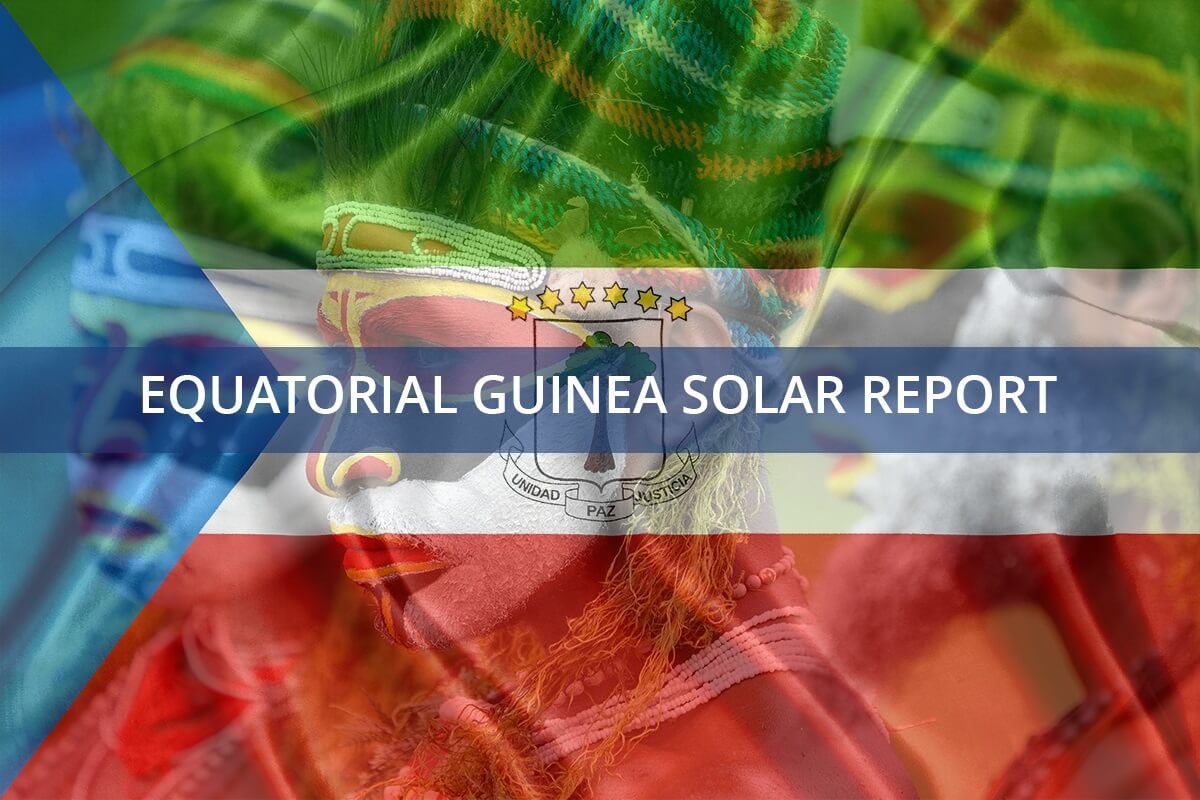Guinea-Bissau has embarked on a transformative journey with the launch of a pivotal 30 MWp solar project aimed at enhancing energy access and significantly reducing costs. This ambitious initiative, backed by the International Development Association (IDA), the World Bank’s Energy Sector Management Assistance Program (ESMAP), and the Green Climate Fund (GCF), represents a crucial step toward bolstering the nation’s resilience to climate change while also cutting carbon emissions.
Key Features
The project involves the construction of two solar power plants situated in Bor and Sare Musa, with capacities of 20 MWp and 10 MWp, respectively. These plants will benefit from a 20 MWh battery system, ensuring reliable electricity supply. Furthermore, 35,000 smart meters will be installed to optimize energy efficiency and usage monitoring.
The solar power plants are projected to deliver dependable electricity to approximately 200,000 residents, potentially lowering electricity costs by up to 45% for Bissau Electric (EAGB). An important environmental benefit is the anticipated reduction of greenhouse gas emissions by around 1.2 million tonnes of CO2 over the project’s lifespan Guinea Bissau Solar Panel Manufacturing Report.
Economic and Environmental Benefits
This solar initiative is a vital component of Guinea-Bissau’s drive to expand access to clean, affordable energy. With only 20% of the population currently having access to electricity—primarily from expensive and polluting diesel sources—the shift to solar energy promises a substantial decrease in electricity costs and a reduced reliance on fossil fuels.
The project also intends to enhance the financial viability of EAGB, the state-owned electricity company. By lowering generation costs, EAGB can reinvest in infrastructure improvements and service delivery, thereby attracting further investment in the energy sector. For more insights into the economic implications, check out Guinea-Bissau Secures $78.15 Million for Solar Project.
Support for the Guinea-Bissau Solar Project from IDA and the Green Climate Fund
The International Development Association (IDA) is contributing USD 25 million to the project, with the Green Climate Fund providing an additional USD 24.5 million. These funds are part of a broader USD 60 million initiative to upgrade Guinea-Bissau’s energy infrastructure and promote renewable energy sources.
IDA’s involvement is particularly noteworthy given its long-standing support for development projects in Guinea-Bissau. Since 1997, IDA has allocated over USD 330 million in grants and loans to the nation, primarily targeting sectors like energy, agriculture, and education Guinea-Bissau Solar News Archives.
Long-Term Impact
The anticipated success of this 30 MWp solar project will profoundly influence Guinea-Bissau’s energy framework. By increasing the renewable energy proportion within the national electricity mix, the project aims to minimize the environmental impact of energy production. Moreover, it sets a precedent for future renewable energy projects across the region.
The installation of smart meters is expected to significantly enhance the efficiency of the electricity distribution network, allowing EAGB to better monitor and manage energy consumption. This technological upgrade plays a crucial role in reducing energy losses and ensuring service reliability.
The 30 MWp solar project in Guinea-Bissau represents a monumental stride towards achieving energy security and sustainability. Supported financially by IDA and the Green Climate Fund, the initiative is poised to revolutionize the country’s energy sector, providing clean and affordable electricity to thousands. This project not only meets immediate energy demands but also aligns with the long-term objectives of reducing carbon emissions and fortifying resilience against climate change. For further details on solar energy developments, visit Global Solar Report.

